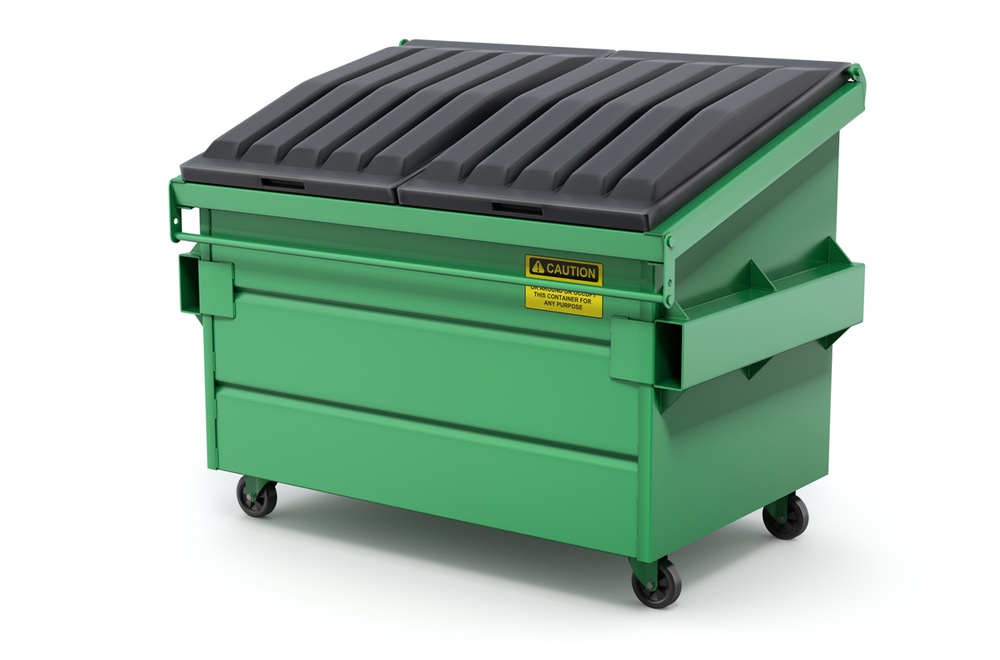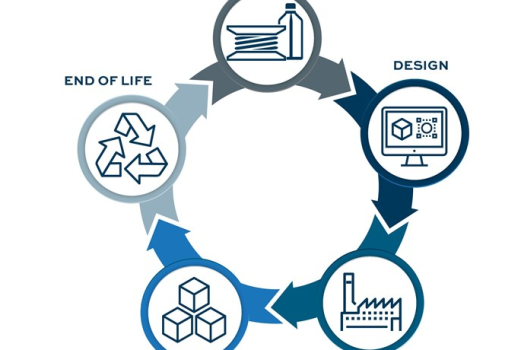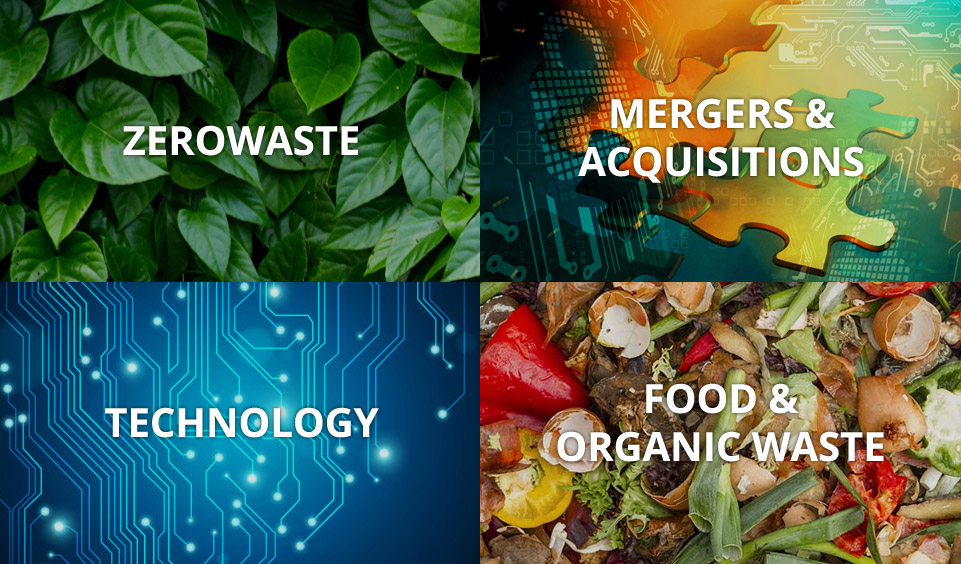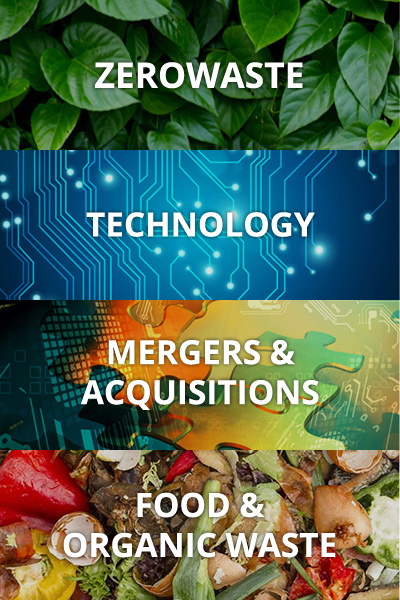
When it comes to the most popular fast-food restaurants, there’s McDonald’s and then there’s everybody else.
According to data from QSR magazine, McDonald’s U.S. stores accounted for $40.41 billion in sales in 2019. The next highest were Starbucks ($21.55 billion), Chick-fil-A ($11 billion), Taco Bell ($11 billion) and Burger King ($10.3 billion).
With almost double the sales of the next biggest player in the market, it’s easy to see why the burger chain heavyweight recently sought out a way to more effectively manage its waste.
Specifically, McDonald’s began heavily investing in Compology’s dumpster monitoring cameras and sensors at locations across the country—mostly within the last year—to better track its waste and recycling generation.
Compology, which is a San Francisco-based startup that has been manufacturing dumpster-mounted cameras and sensors since 2013, allows operators to monitor the contents of their waste containers to determine fullness, required pickup intervals, and contamination. Through these AI-powered devices, customers can be alerted via message when the technology detects that foreign materials have been placed where they don’t belong, such as in the case of trash bags being thrown into a dumpster dedicated to cardboard recycling. These devices also allow generators to only schedule waste pickups when their containers have reached capacity, reducing unnecessary trips (and costs) from waste haulers.
According to Compology founder and CEO Jason Gates, McDonald’s has locations throughout the U.S. using its services, estimating that roughly 10 percent of all locations currently feature the company’s monitoring devices.
In a recent interview with CNN, Gates discussed a specific example of how the company’s cameras were leveraged at one Las Vegas-area McDonald’s location to notify workers when the wrong materials were placed into a recycling container.
“Once we saw the bags of trash go inside the cardboard containers, we sent a notification to the people on-site via text message, letting them know that they should remove it before the truck comes the next morning and telling them that putting trash in the recycling container is a form of contamination, which they should not do in the future,” he said.
Because of this functionality, Gates says Compology devices can reduce contamination in the recycling stream by as much as 80 percent.
Brent Bohn, who owns dozens of McDonald’s restaurants throughout Las Vegas and Phoenix, told CNN that the company’s use of Compology devices has been instrumental in keeping his locations’ recycling dumpsters free of waste.
“The cameras have really streamlined that for us and provided accountability for us, but also for our suppliers and the haulers that we work with,” Bohn said.
In total, Gates says Compology’s cameras have recorded more than 80 million images from the 162,000 cameras it has installed to date. Because these cameras get better at detecting what is, and isn’t, contamination the more data they process, users benefit from these systems continuously getting smarter.
“The more images we get of the inside of dumpsters, the more accurate we can be,” Gates said.
Gates says that its service costs between $10 and $20 per month per dumpster, but that it generally saves companies thousands of dollars per dumpster per year on waste hauling costs by reducing unnecessary waste pickups and fines from contaminated loads.
Specifically pertaining to McDonald’s, Gates says the company is seeing about 14 times the ROI of the technology due to these savings.
With the potential for such ROI, and the continued push for more sustainability-focused operations among major businesses, Gates says he projects adoption of the company’s waste solutions to become accelerated in the year ahead. The company’s customer base currently includes Fortune 1,000 companies such as ADT Security, Nordstrom and Capital One.
“We’ve been seeing great success in the quick-service restaurant (QSR) segment with McDonald’s and many other top brands, and we predict we’ll build on that momentum in 2021, as well,” he says.



